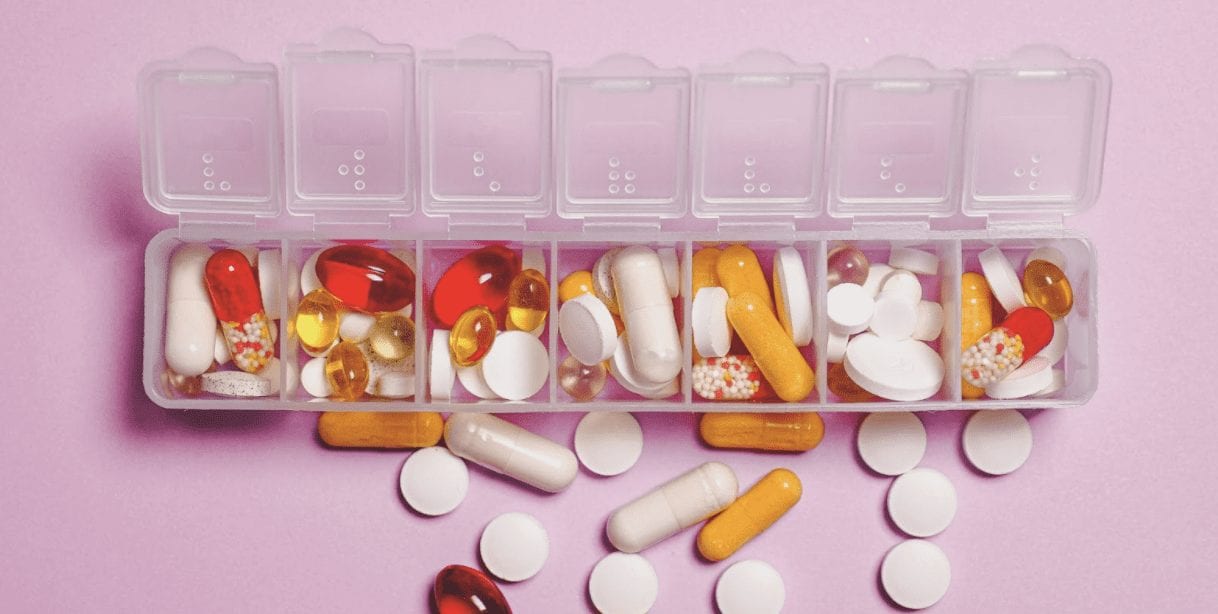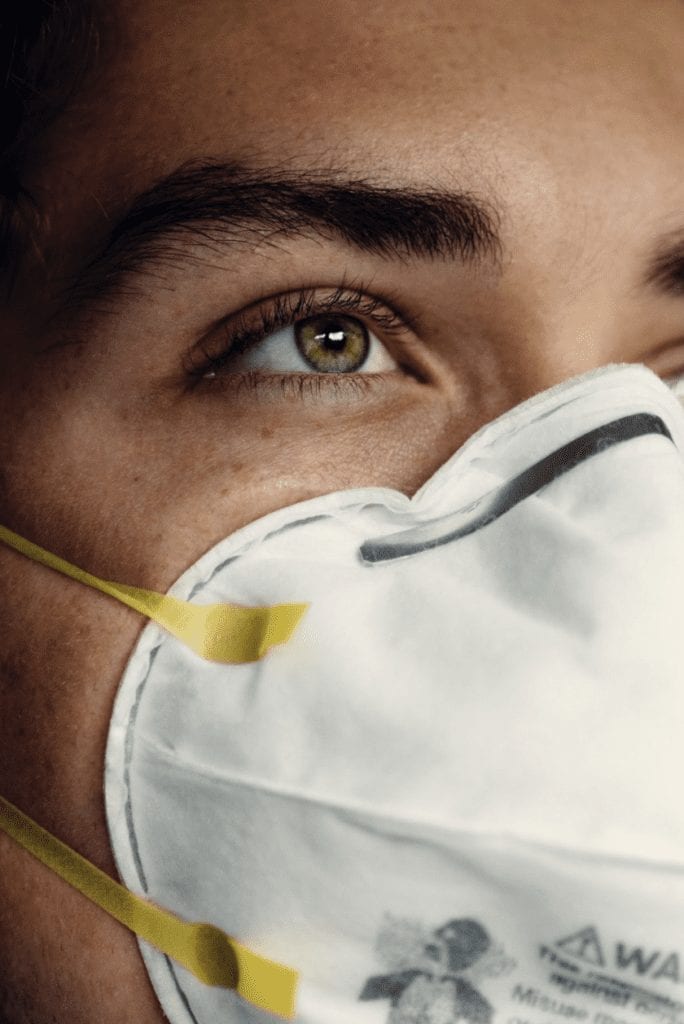
The long-term side effects of COVID-19 have become more apparent as the pandemic has continued for over a year. That doesn’t just mean the long-term health effects of the virus itself, but also the societal consequences. Children have missed the social interaction of school and activities. There’s been isolation and loneliness, and routines interrupted. People had to cancel milestones in their life, and while some could work from home, others lost their jobs altogether.
This “perfect storm” of factors has been wreaking havoc on mental health and addiction. The consequences of the COVID-19 pandemic are likely to affect the addiction crisis for a long time in America. The world refers to the situation as both “the COVID-19 epidemic” and “the addiction epidemic”; the impacts on mental health and addiction and addiction treatment could be long-term side effects of COVID-19 that we feel for years or even decades.
Covid-19 and Substance Abuse
Many addiction specialists were warning that there could be severe repercussions for those with substance use disorders from the early days of the pandemic. Nearly every element of the COVID-19 pandemic is a relapse and addiction risk factor.
- With the covid 19 lockdown and social distancing came isolation. Many people no longer had in-person access to those social support networks that were a lifeline for them in their addiction recovery.
- When you can’t see your loved ones and friends in person, it takes a tremendous toll on you mentally, even if you don’t have a substance use disorder.

- There wasn’t just social damage—there’s also been staggering economic damage. Businesses had to close their doors entirely, meaning that people were left unemployed. The government offers unemployment benefit enhancements, but not everyone qualifies, and this doesn’t do much to alleviate the uncertainty of losing your job.
- For business owners, there has been stress as well. They feel the pressure of not serving customers and the personal financial impacts that it has, and its results on their employees who depend on them.
- Along with the stay-at-home order and economic instability, many people have experienced tremendous worries about their health and the health of their loved ones. The news has created a constant barrage of negative imagery reflecting the severity of the COVID 19 lockdown in the U.S. and worldwide. This imagery is likely to continue to haunt many people and create more long-term side effects of COVID-19 that affect their mental health.
- More than half a million people have died in the U.S. alone. The grim nature of the situation we are in makes everything feel like more of a struggle.
Vulnerable Populations
The pandemic impacts on addiction in the United States have been even more profound on vulnerable populations, such as the homeless. They haven’t had access to many of the resources they depended on before the pandemic. Communities have struggled with providing these needed resources for vulnerable populations but have faced challenges in doing so.
Other vulnerable populations that the effects of COVID-19 have most impacted include those who live in multi-family homes, individuals with limited health care access, and disenfranchised communities.
Overdose Deaths
According to the Centers for Disease Control and Prevention, more than 81,000 drug overdose deaths occurred in the U.S. in the 12-month period that ended in May 2020.
That was the highest number of overdose deaths recorded in one year ever.
The number of overdose deaths was already increasing in 2019, but those accelerated when COVID-`19 struck. The former CDC director, Robert Redfield, spoke out and said that as we were fighting the pandemic, it was important not to overlook the unintended consequences of the pandemic and how those were affecting people with substance use disorders.
Effects on Young People
One demographic most affected by the long-term side effects of COVID 19 lockdown are likely to be younger people. Research shows us that social interaction and involving yourself in community activities are protective factors for substance use among youth.
Unfortunately, for more than a year, many young people haven’t been able to attend in-person school, see their friends, or do their everyday activities. Parents have to be mindful that these effects might not just be short-term. Mental health facilities and experts are linking trauma in childhood to future substance abuse issues.
Mental Illness During COVID-19
It isn’t just people with substance use disorders who will likely impact the long-term side effects of COVID-19.
Research conducted has found a significantly higher level of anxiety, stress, irritability, and depression among the general population during the pandemic. Studies have shown that people are increasingly relying on negative coping strategies during this time, including alcohol, tobacco, cannabis, junk food, and excessive sleep. People have been getting less physical activity and consuming more news and social media content. Much like a natural disaster, it’s possible that the pandemic, a public health crisis, will have a lasting effect on people. In general, mental health care treatment facilities link traumatic experiences to higher levels of depression, PTSD, and substance use. Now, more than ever, mental health services are high in demand.
Lack of Access to Care
When people needed it most, the pandemic halted the lifelines of people with substance use disorders and mental health disorders. Mental health treatment was difficult to find, and the state governments weren’t doing much to help. You may be able to find a physically distanced peer-led support group while wearing masks occasionally, but that came with the anxiety of testing positive after.
There wasn’t really a good substitute for the mental health services that care facilities offer. For example, many treatment centers couldn’t provide traditional services because of social distancing guidelines. Health care centers were pushing off other types of treatment to ensure they had the space and resources for COVID-19 patients. The facilities didn’t provide non-essential care at all. Many addiction resources, such as 12-step meetings, couldn’t happen in person either.
Medication-assisted treatment (MAT) programs often require that someone visit a clinic daily to receive their treatment. Again, facilities may have limited access to those programs if they were available at all. All of this compounds the effects on mental health during COVID 19 lockdown and the long-term side effect of COVID-19.
The Positive Effects of COVID on Addiction Treatment
While the sad reality is that many of the effects on mental health during the COVID 19 lockdown and the long-term side effects of COVID-19 are devastating, some positive things may come from this situation. Beyond that, addiction treatment centers and providers have taken great strides in reaching their patients and how they help people. The pandemic forced the world of telemedicine and virtual care to grow at a rapid rate during the pandemic. People became comfortable communicating in new ways. For example, Zoom meetings became a daily occurrence in the work world and for 12-step meetings. Therapists and health care providers are now offering more remote services, and addiction treatment specialists can check in with their patients in new ways.
That doesn’t mean that the in-person interactions that are so valuable in addiction treatment and recovery will end, but what it instead means is that more options and opportunities might be available. These changes could reduce some treatment barriers and accessibility issues that have been a long-standing issue in addiction treatment. There is no doubt that the world will feel the long-term side effects of COVID-19 well into the future, and some of those adverse effects could take years even to become apparent. With that in mind, it’s so crucial for people to recognize red flags in themselves and their loved ones and reach out for support when they need it.
Help is out there
Anchored Tides Recovery Center is here for you as we navigate our way through the pandemic and find our way back to life as we knew it. Work with us and we will help you be a better person by the time this is over. Call us today to talk more about your situation.




























